Morning provocations in Kinder
By now you will have noticed that each morning your child’s class has a number of ‘activities’ set up to be explored after they have put away their bags and signed in.
These ‘activities’ are referred to as provocations. So what is a provocation? In childhood education, the term provocation is derived directly from the practices of the Reggio Emilia inspired approach. A Reggio-inspired provocation is an open-ended activity that doesn’t have a prescribed outcome, instead it is designed to stimulate ideas, initiative and imagination.
They are designed to provoke thoughts, discussions, questions, interests, creativity and ideas – they encourage children to think independently by fostering and provoking thought!
Provocations allow and encourage children to experience the world for themselves through open-ended activities without being overtly guided by a teacher or parent. The idea behind provocations is to encourage children to think independently by encouraging their interests and the exploration of those interests.
At Dominic we embrace the use of nature based elements, loose parts and tinker trays in a multitude of ways to inspire the kinds of creativity at which small people excel. Our provocations can also incorporate pre-literacy and numeracy skills, fine motor development and link in with areas of interest within the classroom. We seek to provide hands-on exploration for our students to practise, test, construct and deconstruct their ideas and theories.
As reflective teachers, we spend time evaluating the success of the provocations we design – ascertaining whether the ideas have worked for the children. Points of stimulus can be: a photo, picture or book, natural resources, conceptual (the seasons, light and shadow), old materials displayed in new and varying ways, an interest that a child may have, a ‘seed’ that may have provoked or generated thought, an object, new creative media, questions (i.e. – what is gravity?) or perhaps an event.
We encourage parents to use these provocations as an opportunity to discuss the thoughts or ideas your child has immersed themselves.
Mrs Emily Jenkins - on behalf of the Kindergarten team
 A Catholic School in the Salesian Tradition
A Catholic School in the Salesian Tradition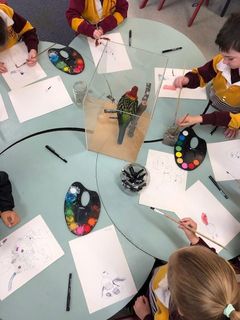
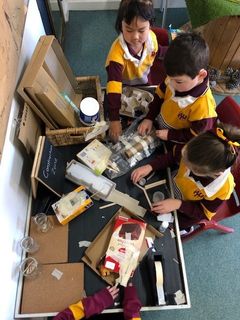
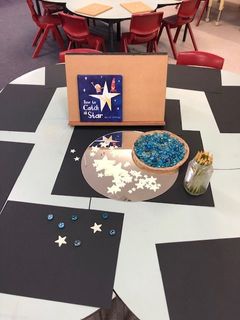
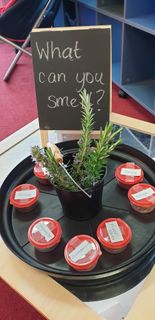
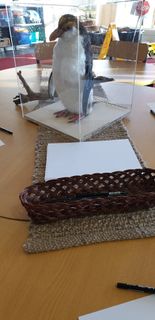
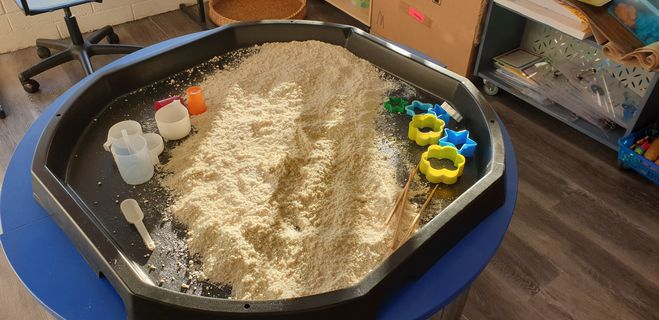
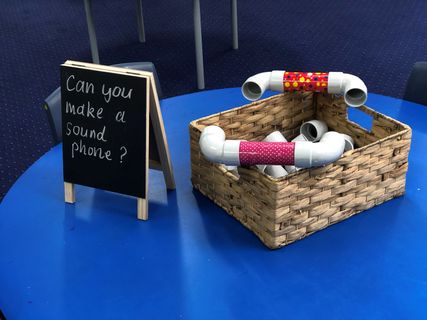
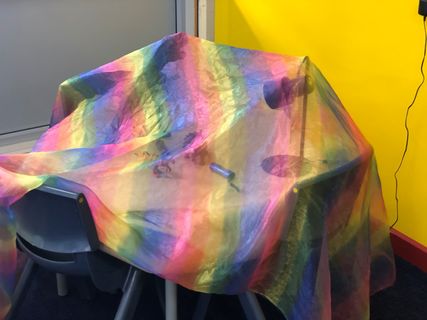
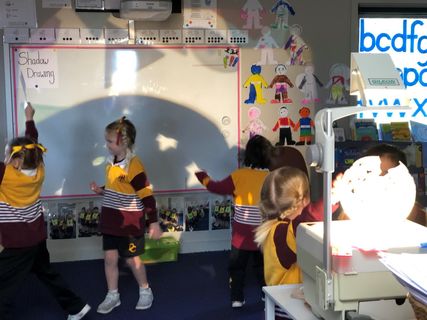
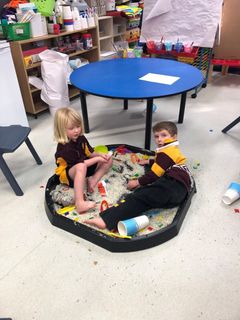

 Facebook
Facebook iOS App
iOS App Android App
Android App

